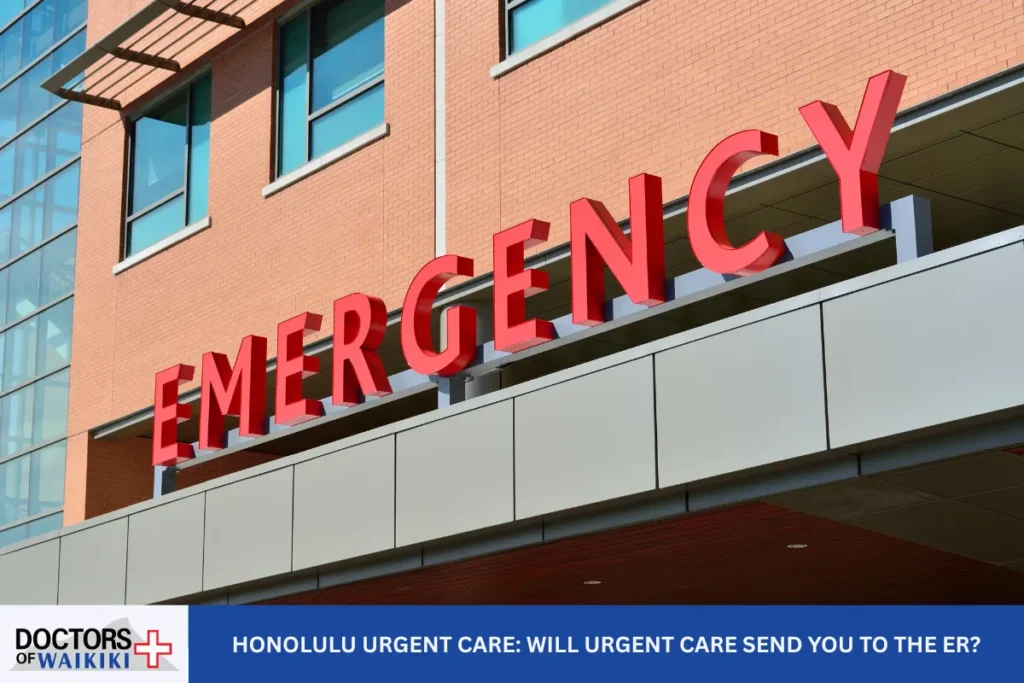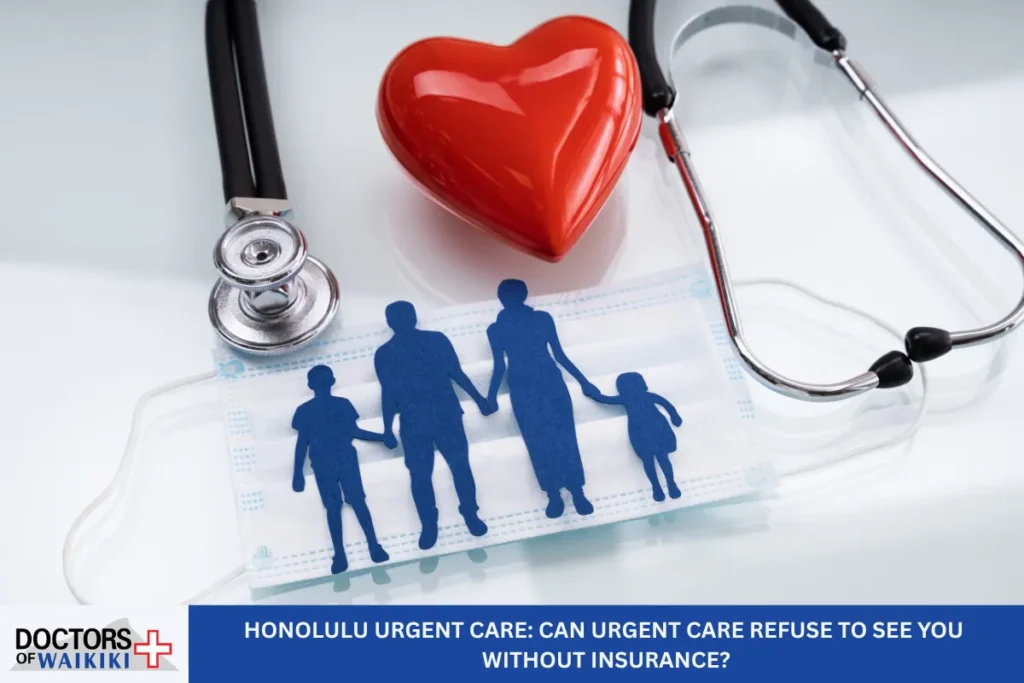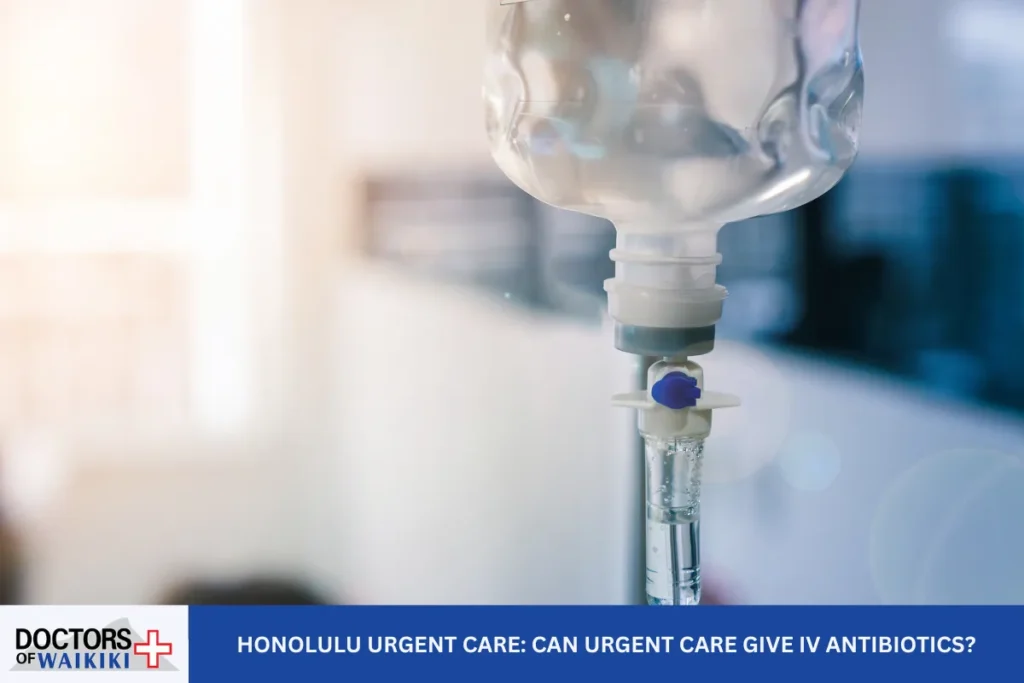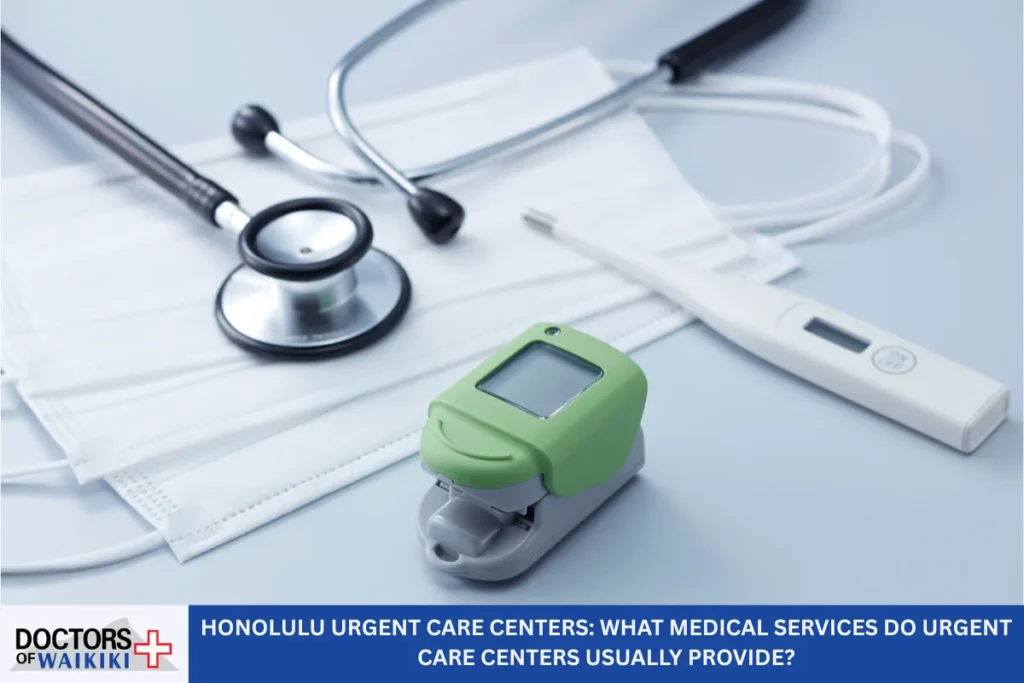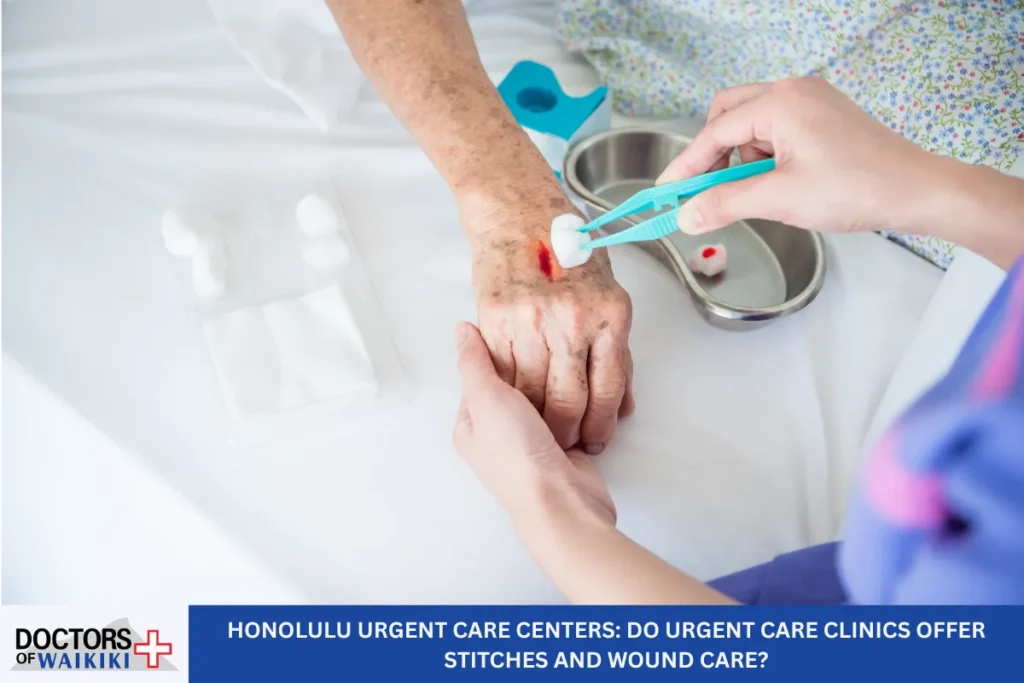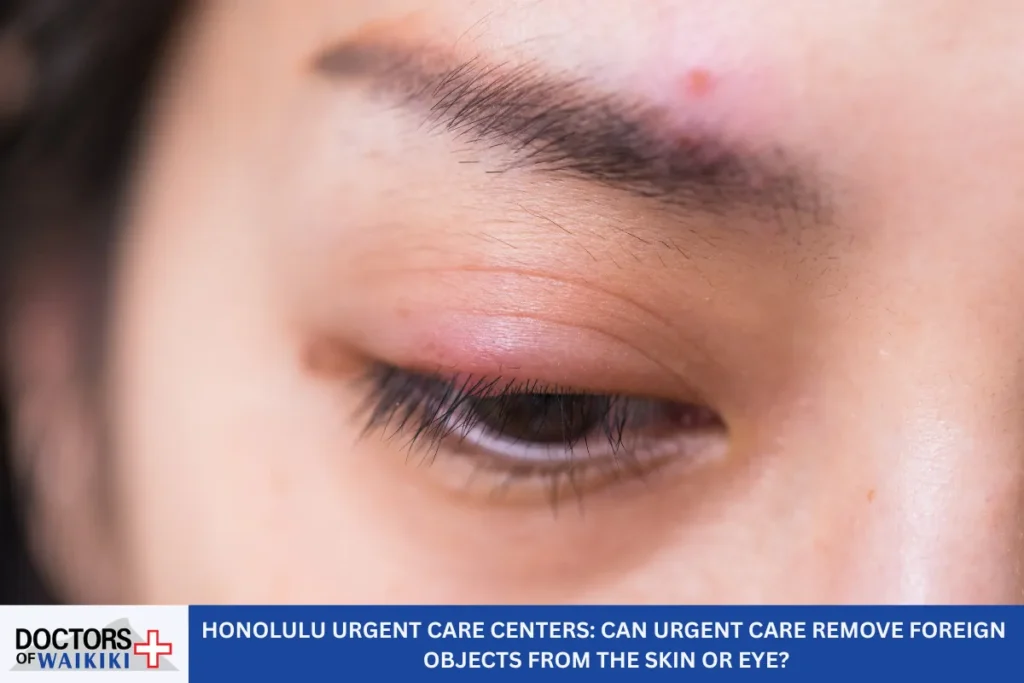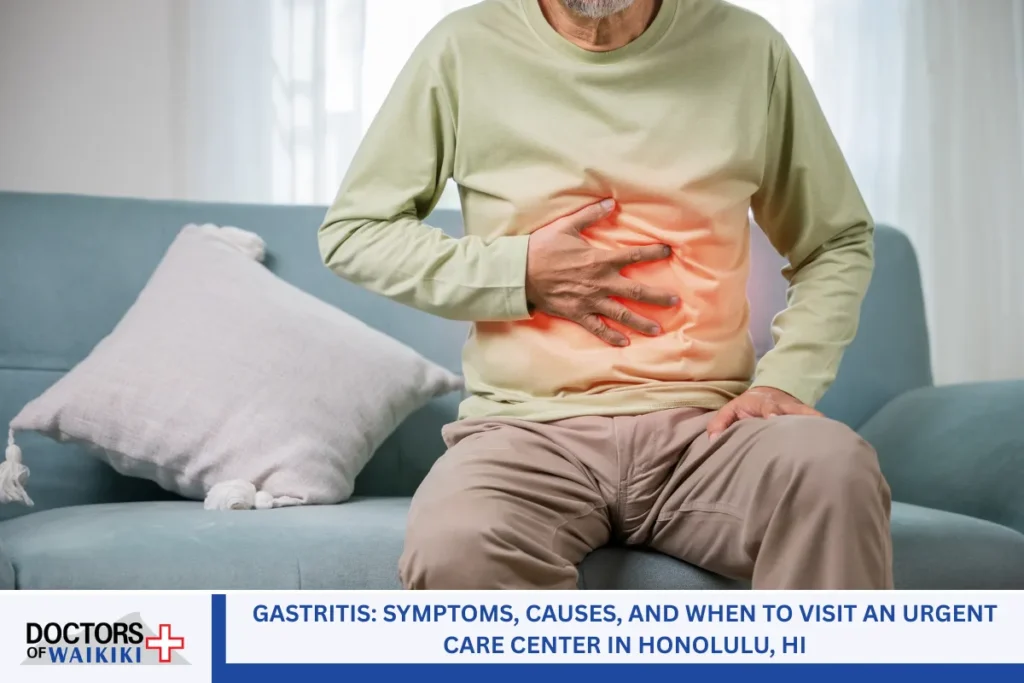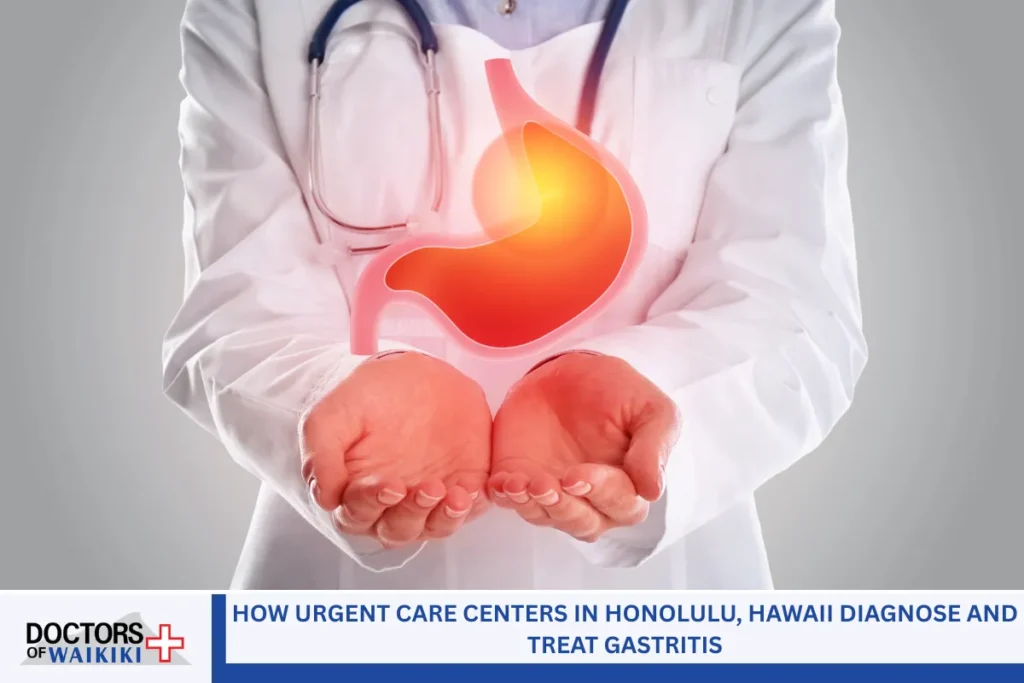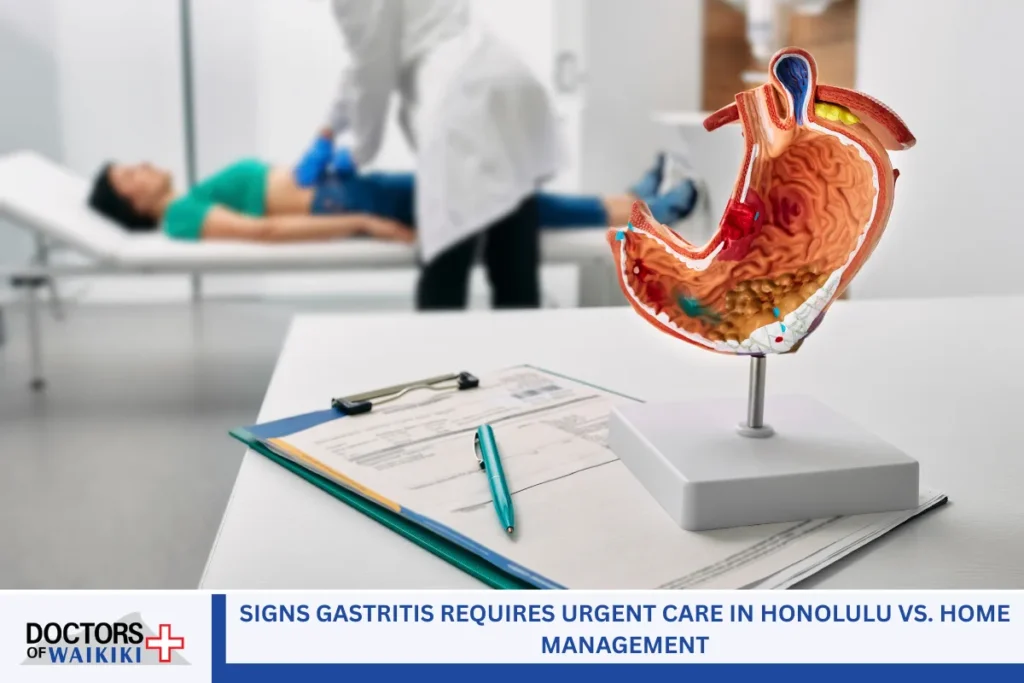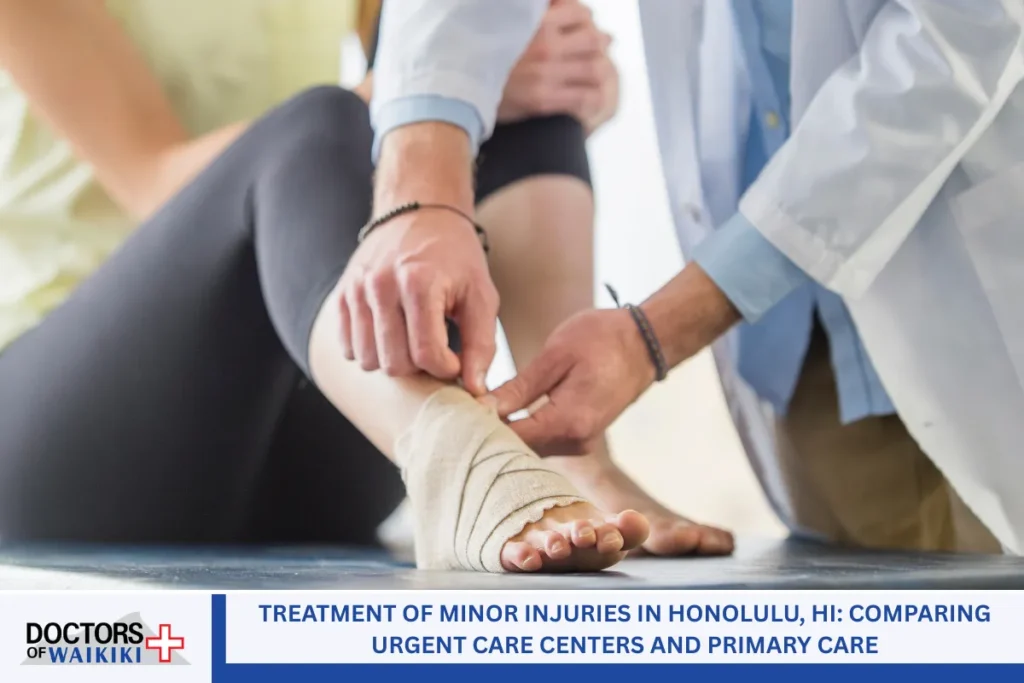As Doctors of Waikiki has battled the COVID-19 pandemic on the islands, we have regularly heard concerns from our patients about living a healthy life and increasing immunity against this (and any other) disease. The good news is that there are a number of ways you can boost your immunity. However, it is important to note that there are no magic solutions. Living healthily requires long-term commitment, and it is not a replacement for smart strategies for staying safe nor for prompt medical care when needed. The following will help you boost immunity and protect yourself from disease.
BOOSTING YOUR IMMUNITY
The human immune system is an amazing thing. It protects us from infections and other diseases every day. However, it isn’t infallible. Our immunity tends to be at its best when we are living otherwise healthy lives. By taking care of our bodies, we can boost our immune systems and have a better chance of warding off diseases effectively, including COVID-19.
When our immune systems detect antigens (foreign or harmful substances), it responds by attacking them. If we are in good health, our immune systems can attack and dispose of those antigens more easily. Plus, the fight will take less of a toll on our bodies. The following tips will help you live a healthy life with good immunity.
GOOD DIET
It is probably not a surprise that a good diet is essential to boosting immunity. In particular, people should eat plenty of vitamin-rich fruits and vegetables. Try to keep your diet balanced and varied. As a rule of thumb, half your plate should always be fruits and vegetables. Plus, you should strive to eat a variety of colors of plants. While this isn’t a foolproof way to support your immune system, it is easy to apply and usually effective.
There is evidence that deficiencies in certain micronutrients contribute to the dangers of COVID-19. Specifically, having low levels of zinc, selenium, iron, copper, folic acid, and vitamins A, B6, C, and E can make the disease (and many others) worse. So, look for fruits and vegetables containing these nutrients.
EXERCISE REGULARLY
Regular exercise is also an important part of healthy living. Ideally, you should be getting 30 to 45 minutes of exercise each day. This can be almost anything that elevates the heart rate, including sports, jogging, weightlifting, and other vigorous activities. Try to get in an exercise session at least five days per week. However, if you do more, that is even better.
GET PLENTY OF REST
Sleep is also essential for your immune health. As a rule of thumb, you should be aiming for seven to eight hours of sleep per night. However, everyone’s body is a little different, and sleep requirements change as we get older. If you regularly feel tired, you may need to get more rest. If you think you are sleeping enough but are still not feeling rested, consider speaking with a medical professional.
MANAGE YOUR STRESS
Stress can depress your immune system and make it harder to fight off disease. Unfortunately, most people are exposed to many forms of stress. These can be professional, familial, financial, academic, social, and other forms. Taking some time for yourself can help with de-stressing. Additionally, some people find mindfulness exercises to be useful for this. Others use their hobbies to help with stress.
TAKE VITAMIN SUPPLEMENTS AS NEEDED
As mentioned, micronutrient deficiencies can be a factor in reduced immune system strength. So, it may be a good idea to take a vitamin supplement. This should not be considered a replacement for a healthy diet. However, it can help if you lack any vitamins. Talk to your doctor about your vitamin intake levels to determine if a supplement is right for you.
STRATEGIES FOR STAYING SAFE
The above tips will help with boosting immunity. However, a healthy life is not a bulletproof strategy for staying safe from disease. You will also need to use some simple strategies to avoid common illnesses.
GET VACCINATED
Vaccination helps with active immunity. This means that you train your immune system to respond to certain antigens. It is highly effective and, in some cases, can provide protection for your entire life. Getting the flu shot every year can help ensure that you don’t get seriously ill. Similarly, getting the COVID-19 vaccine can help to protect you from that serious disease. If you have any questions or concerns about your individual circumstances, speak with a health professional.
AVOID CLOSE CONTACT
If you are concerned about disease, avoiding close contact is a highly effective strategy, especially for germs carried in saliva droplets, such as the COVID-19 virus. In particular, avoid people who are sick and avoid others when you are sick. Also, use common sense about which settings are likely to be high risk.
COVER YOUR NOSE AND MOUTH
When you are coughing or sneezing, make sure to cover your nose and mouth, ideally with a tissue or the inside of your elbow. You can also consider wearing a mask when you are sick to minimize the risk of spreading the disease.
CLEAN YOUR HANDS
Regularly clean your hands to avoid transferring antigens to your mouth, nose, or eyes. Avoid touching your face whenever possible. If you are about to eat, wash your hands with hot water and soap or an alcohol-based rub.
OTHER GOOD PRACTICES
Finally, you can practice some useful strategies such as calling in sick when you aren’t feeling well and ensuring that your workspace and home are adequately stocked with tissues, soap, and other supplies. You don’t need to be a disease expert to protect yourself and others. Some common sense about how germs spread can help you to minimize the risk of spreading disease.
GET EXCELLENT CARE AND PRACTICAL ADVICE IN HAWAII
Doctors of Waikiki has been a leader in addressing the COVID-19 pandemic in Hawaii. However, before, during, and after the pandemic, our top priority has always been helping our patients and community stay healthy and safe from all types of disease. Contact us today to learn more about supporting the islands or seeing one of our medical professionals.


